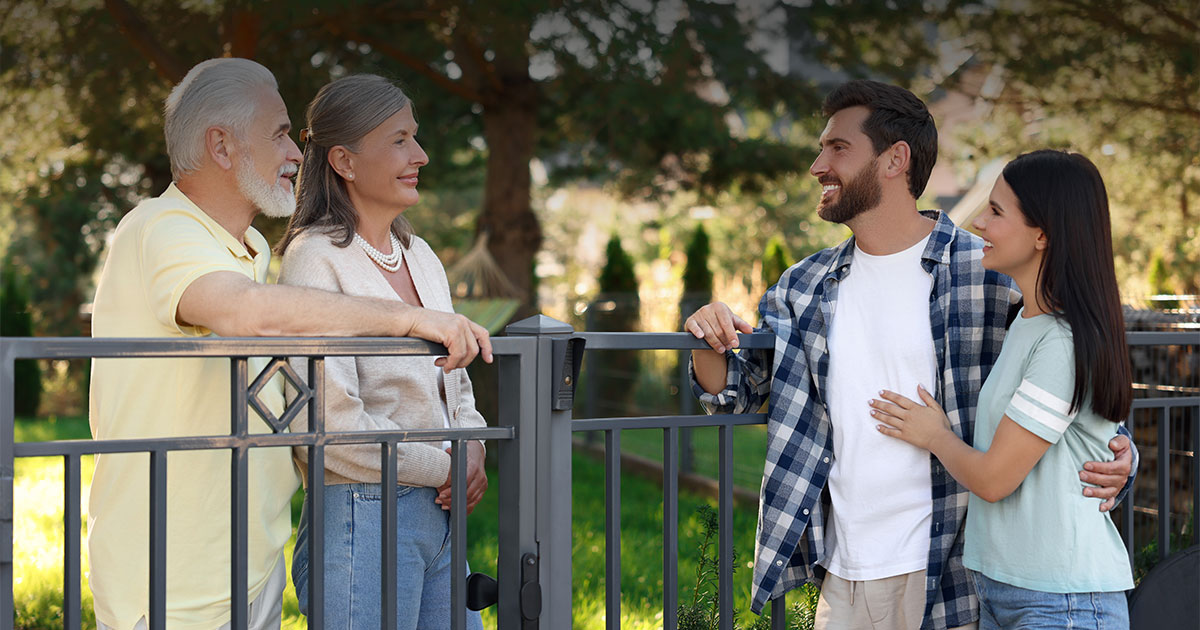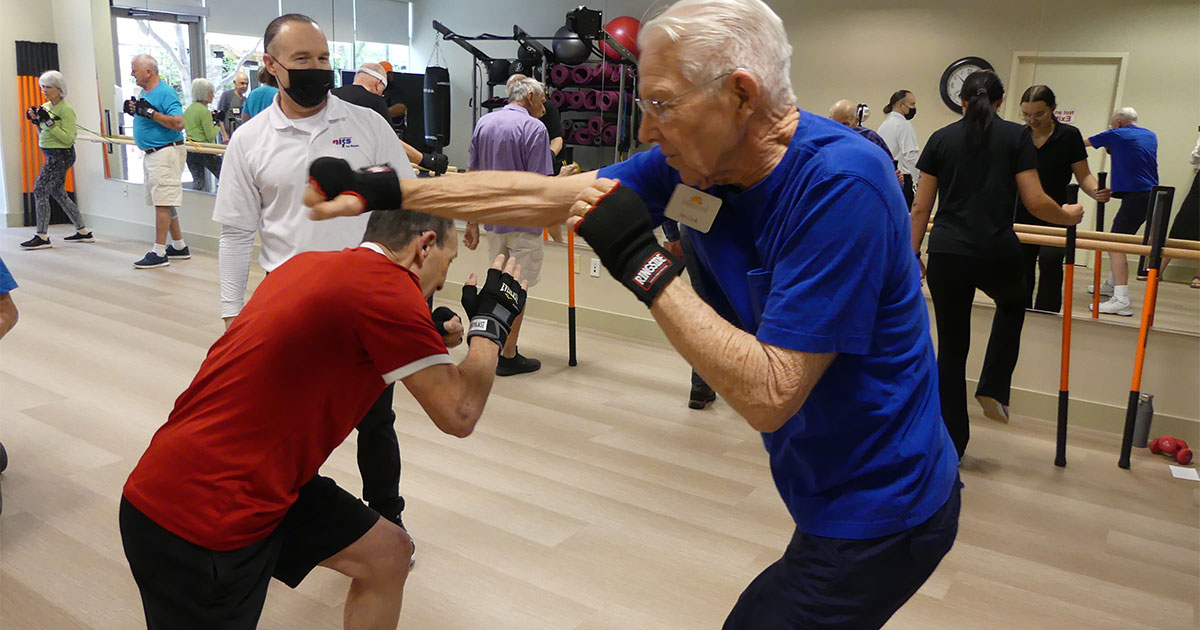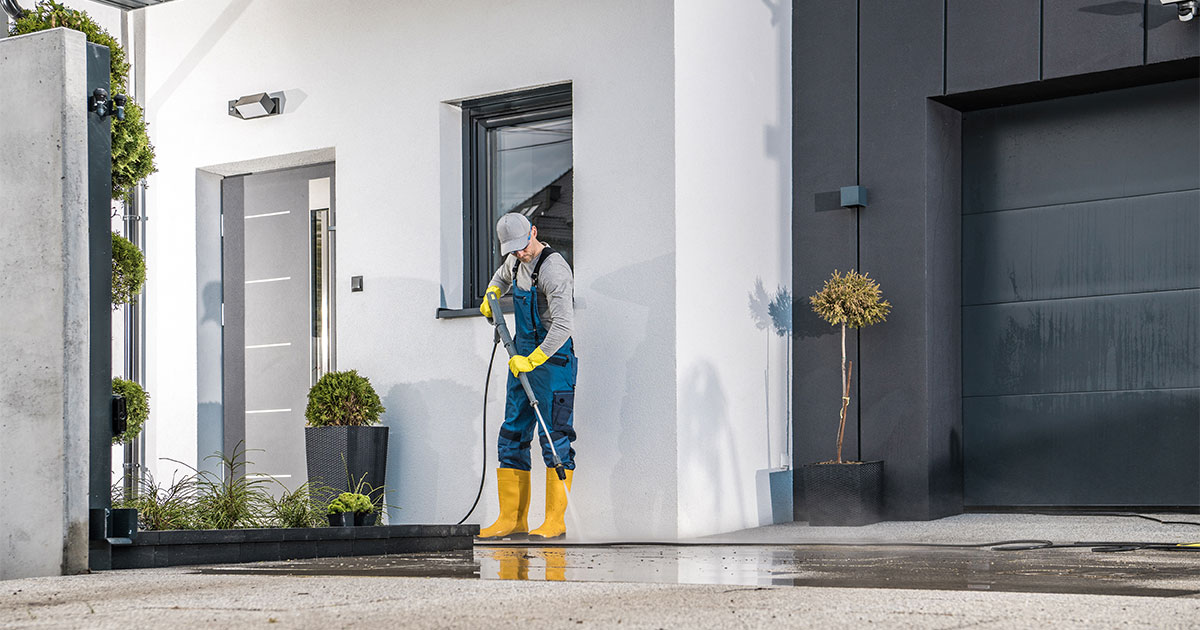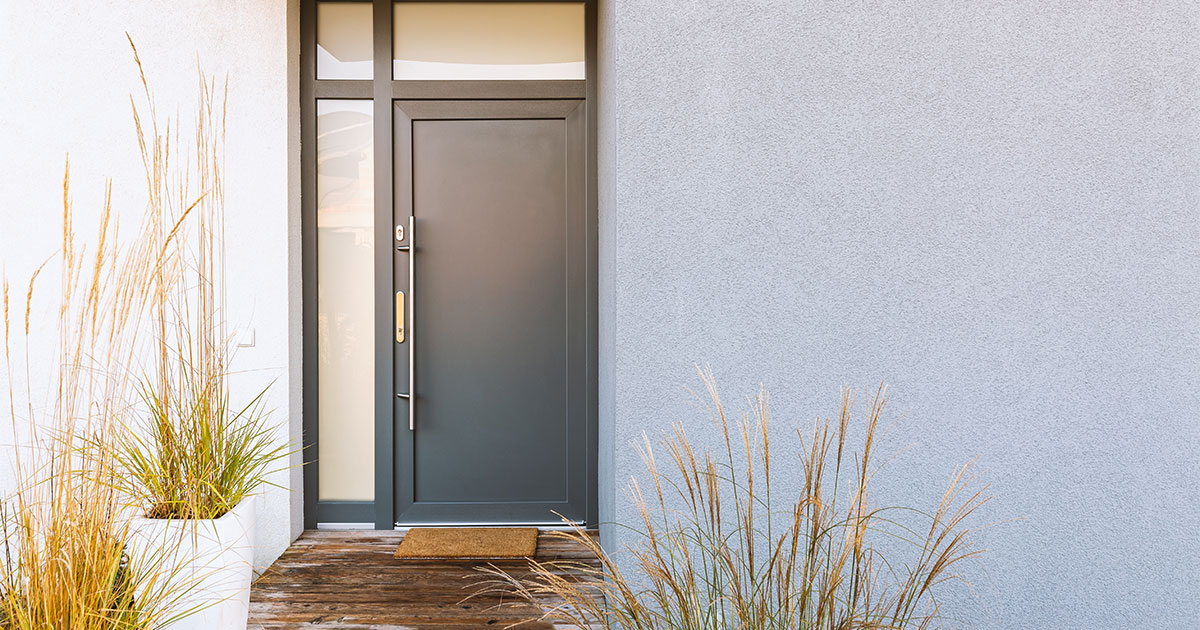In today’s online and fast-paced world, getting to know one’s neighbors might seem like a lost art. However, the value of building relationships within your local community cannot be overstated. Connecting with, and getting to know, your neighbors not only benefits your immediate surroundings but also brings forth a greater sense of community.
Enhanced Safety and Security
A strong sense of community encourages neighbors to look out for one another. Building relationships with those living nearby creates a network of support, leading to increased vigilance and the ability to identify suspicious behavior within the neighborhood.
Social Support and Emotional Well-being
Friendly relationships with neighbors provide a valuable support system. Being able to share experiences, lend a helping hand, or simply have a friendly chat contributes to reduced feelings of loneliness and promotes emotional well-being. This sense of belonging and support can positively impact mental health.
Dealing with Neighbor Conflict
Living in close proximity to neighbors can be both rewarding and challenging. While many neighbors coexist peacefully, conflicts may arise from time to time. De-escalating these conflicts is crucial for maintaining a harmonious living environment.
Unfortunately, some people are not the ideal neighbor, and they may completely disregard the feelings or rights of those living nearby. For others, a common ground may be within reach if you make the effort. Here are a few tips that may help to lessen the severity of an unpleasant situation:
Open a line of Communication
Open and honest communication is the foundation for resolving conflicts. Initiate a calm and respectful conversation with your neighbor to understand their perspective and share your own concerns. Active listening plays a crucial role in fostering understanding. Without being accusatory, ask them questions that they might see your side of the issue such as “if you were in my shoes, what would you do?”
Choose the Right Time and Place
Timing and setting are essential elements of effective communication. Select a neutral space such as the sidewalk or edge of the driveway to discuss the issues. Additionally, choose a time when both parties are calm and willing to engage in a constructive dialogue.
Establish Boundaries
Clearly defined boundaries can prevent future conflicts. Discuss and agree upon reasonable boundaries regarding noise levels, property lines, and other potential sources of disagreement. This proactive approach can help prevent future misunderstandings.
De-escalating conflicts with neighbors requires patience, empathy, and effective communication. Not everyone is reasonable and not every situation can be resolved with the above suggestions. However, by employing those strategies, you increase your ability to foster positive relationships and create a peaceful living environment for yourself and your neighbors.
Developing relationships with neighbors goes beyond mere acquaintance; it builds a foundation for a stronger, safer, and more supportive community. The benefits extend beyond individual households to positively impact the entire neighborhood.
While technology has transformed how we connect, the value of face-to-face interactions and fostering real-life relationships is very important. Initiating conversations, organizing gatherings, or participating in community events are simple, yet effective, ways to cultivate meaningful connections with those living nearby.
Invest the time and effort into getting to know your neighbors and you will create a ripple effect of positivity, transforming your neighborhood and thereby helping to create a more supportive community in Desert Ridge as a whole.
Steve Burns
Chair
Community Awareness









